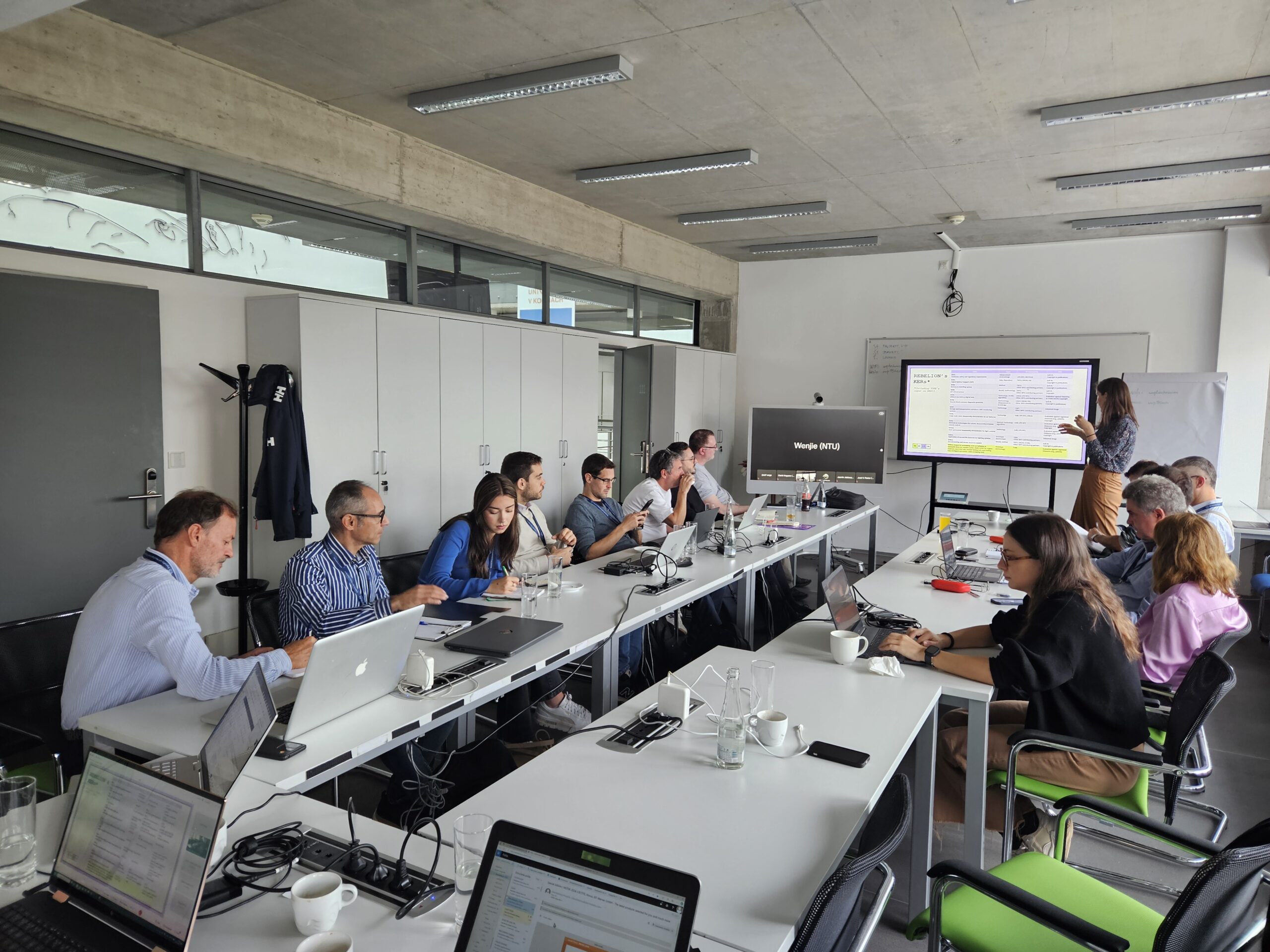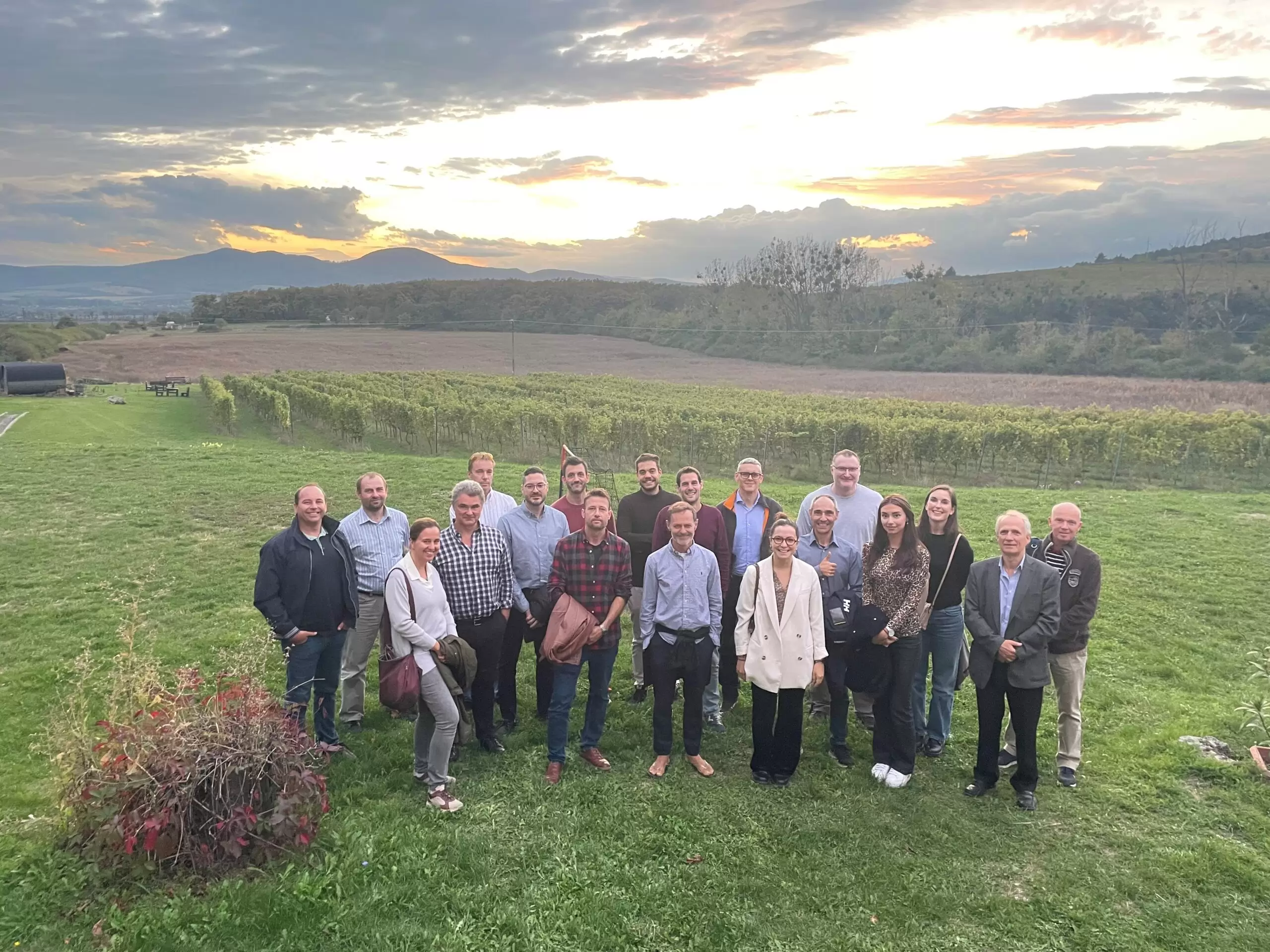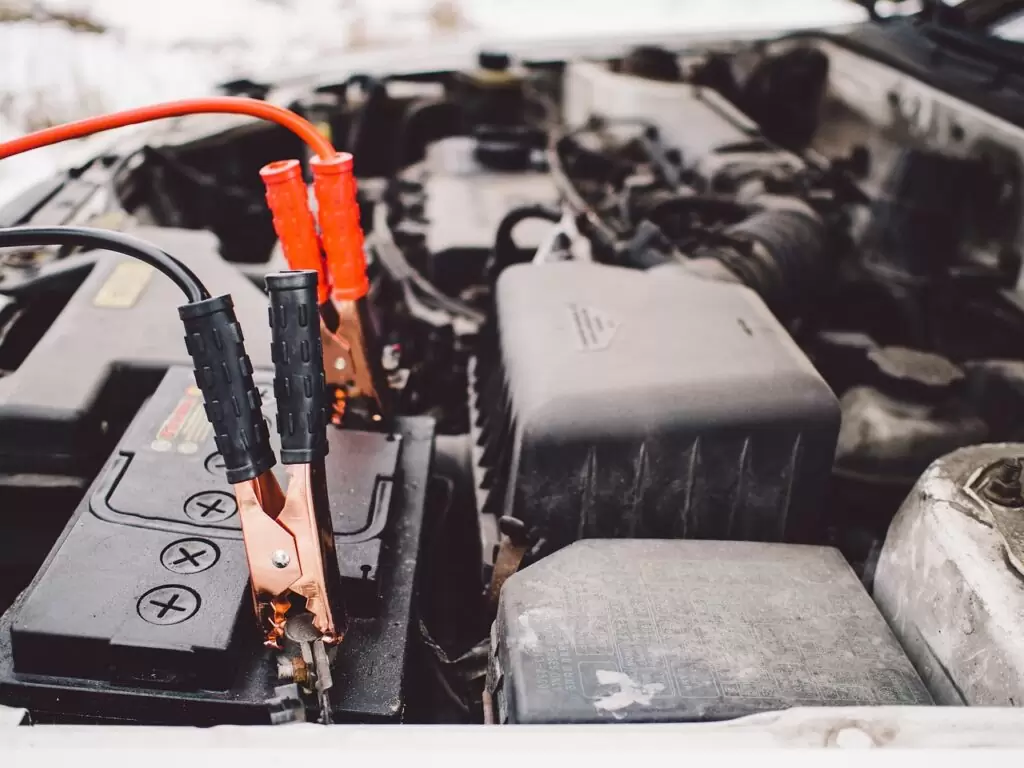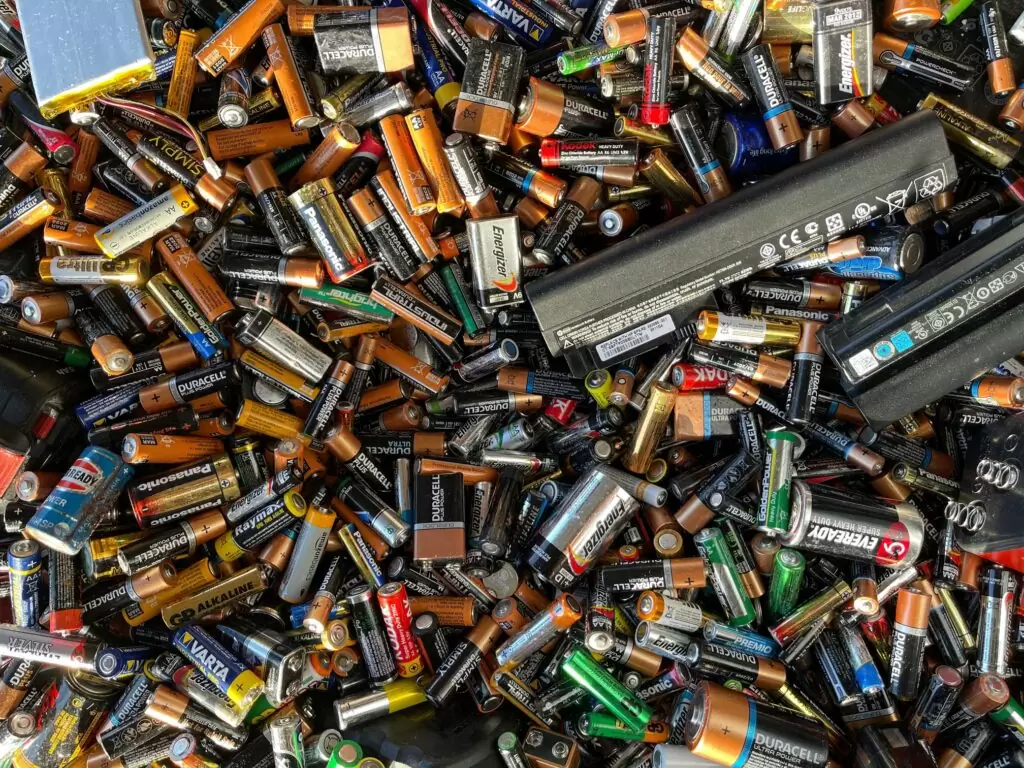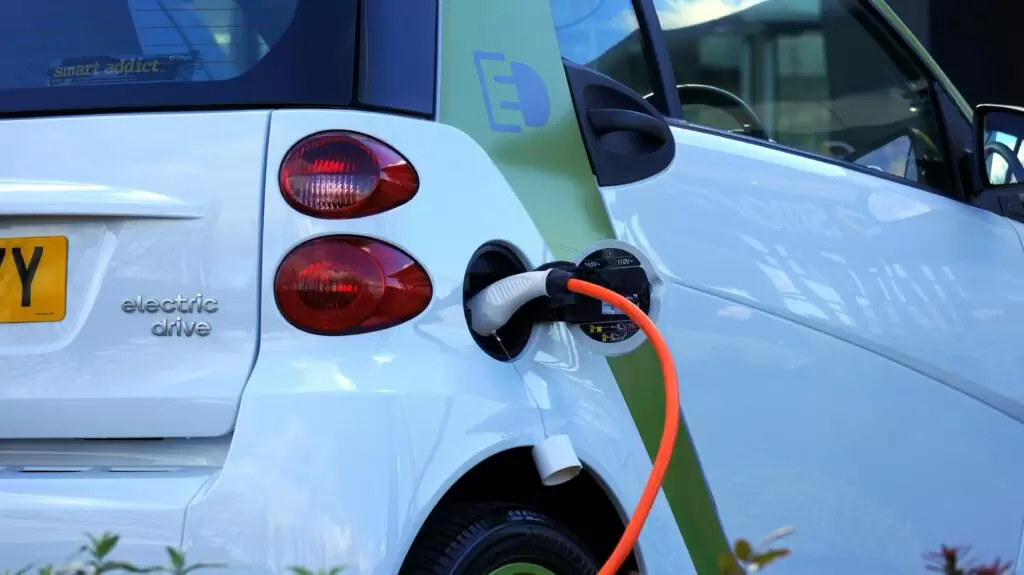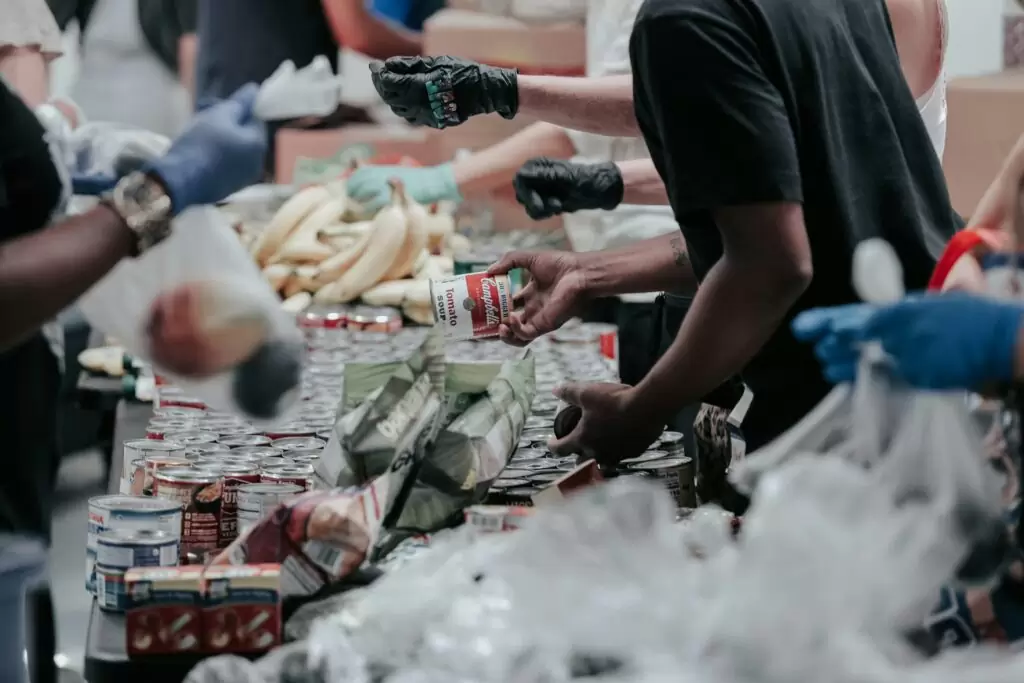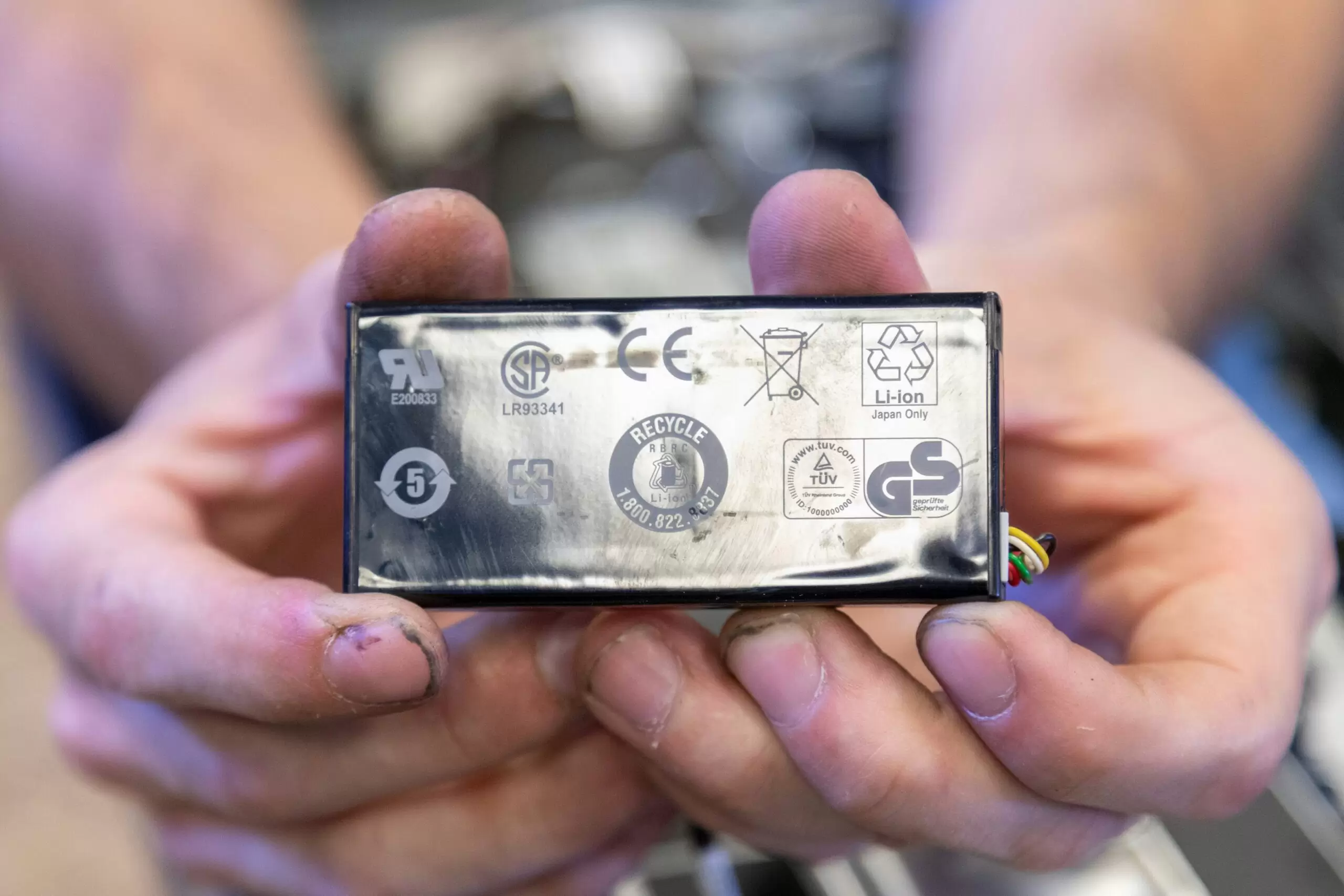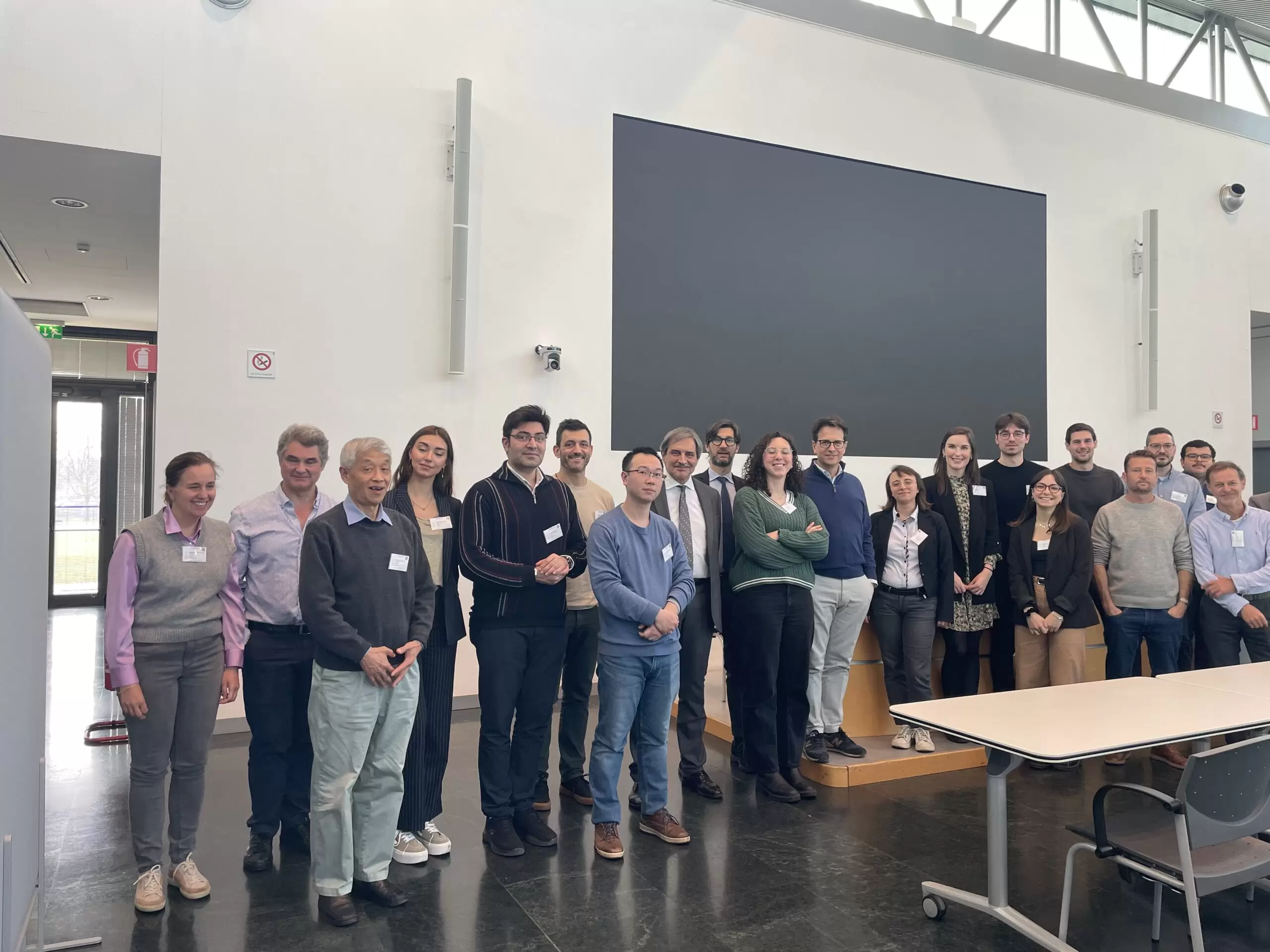The European Union recently introduced a comprehensive regulation aimed at improving the sustainability, circularity and safety of batteries, particularly lithium-ion batteries, which play a key role in the transition to clean energy and sustainable mobility. This new regulation addresses the entire lifecycle of batteries, including production, usage, and recycling, marking a significant step toward achieving the EU’s climate neutrality goal by 2050.
Key Changes and Targets
Under this new regulation, starting in 2025, electric vehicle batteries, rechargeable industrial batteries and batteries used in light transport (like e-bikes and scooters) must comply with strict carbon footprint requirements. The regulation also places limits on harmful substances and promotes the use of recycled materials. For example, from 2027, batteries must contain specific minimum amounts of recycled content: 16% for cobalt, 85% for lead, 6% for lithium, and 6% for nickel.
Moreover, the regulation introduces recycling efficiency targets to ensure that valuable materials, including lithium, are recovered and reused, reducing dependence on raw material imports from outside the EU. The policy also requires companies to address environmental and social risks in the supply chain, especially for critical materials like lithium, cobalt, nickel, and graphite.
Empowering Consumers
To help consumers make more informed choices, batteries will soon feature labels with key information and a QR code leading to a digital passport with the battery’s specifications, including performance and recyclability. Additionally, consumers will have the right to remove and replace the batteries in their electronic products, extending product lifecycle and reducing post-consumer waste.
A Strategic Approach to Current Challenges
In line with these regulations, the European Battery Alliance recently discussed a new action plan to reflect the current geopolitical context, focusing on diversifying supply chains, scaling up raw and processed material production within the EU and reducing strategic dependencies. The alliance is reinforcing Europe’s position as a leader in the sustainable battery value chain, aiming to address market needs, innovation, and investment in the sector to support the green and digital transition.
These regulations and initiatives underline the EU’s commitment to a circular economy and strategic autonomy in battery production and use. They not only encourage the sustainable use of resources but also strengthen Europe’s economic resilience in the face of global challenges.
These new regulations underscore the EU’s commitment to a circular economy and strategic autonomy in battery production and use. More detailed information is available in the official EU documents here.
Cover image by Victor on Unsplash
